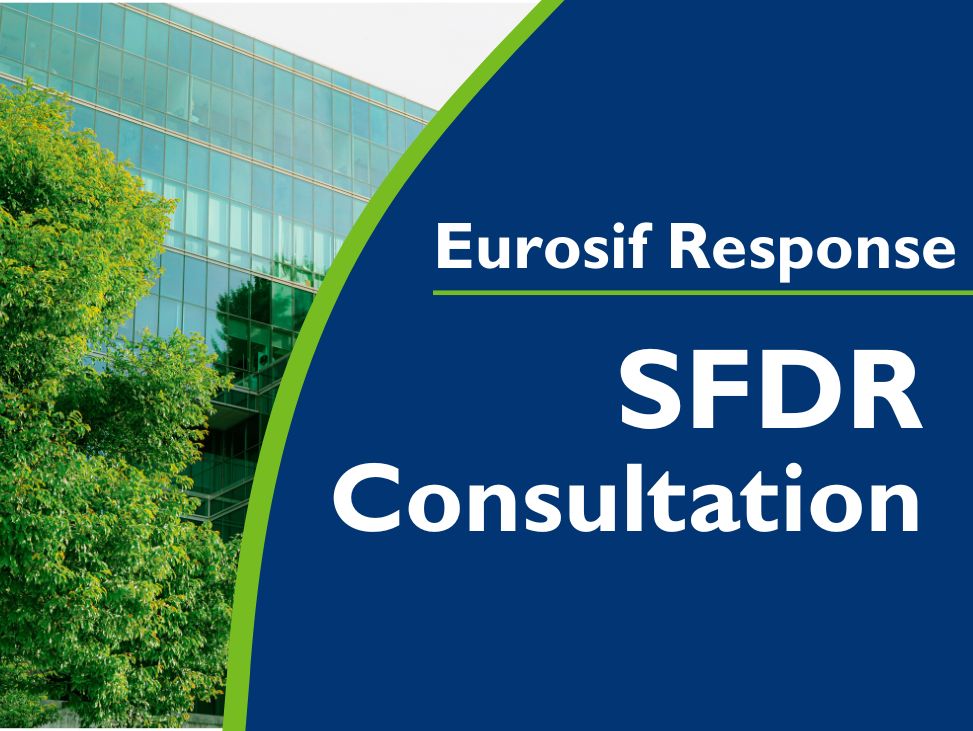Eurosif response to the consultation on the implementation of the Sustainable Finance Disclosure Regulation (SFDR)
Overall, the Sustainable Finance Disclosure Regulation (SFDR) has improved transparency on the integration of sustainability risks and consideration of adverse sustainability impacts in investment decisions and financial advice. It effectively embedded the double materiality principle in EU law by putting sustainability risks and impacts at the centre of investment decisions.
However, the current SFDR is insufficiently clear in the definition of some key terms. Additionally, despite being a disclosure-based regulation, the framework has been used by market participants as a product classification system. This leaves room for interpretation by market participants and supervisors, leads to market fragmentation and raises investor protection concerns.
The SFDR framework needs to be reviewed to build on its achievements and ensure it is fit for purpose to further deliver on its objectives: to enhance transparency on sustainability-related considerations in investments and help channel capital to investments contributing towards the transition to a sustainable economy.
These improvements should include clarifying definitions, establishing mandatory disclosure requirements for all financial products, and creating formal product categories based on the products’ demonstration of sustainability objectives, underpinned by minimum criteria and with specific disclosure requirements.
Eurosif proposes to establish three categories of products, reflecting their main objective: “sustainable investments”, “transition investments”, and “binding environmental and/or social factors”. Products that do not comply with the criteria of any of these categories should clearly state so in precontractual documentations. Such products should be prohibited from making sustainability, transition, or other ESG-related claims.
To ensure comparability of information and a level playing field, minimum disclosures should apply to all financial products. These should include how ESG factors, including sustainability risks, are integrated in the investment process, and the consideration of a set of Principal Adverse Impacts (PAI) indicators.
Consistency with other EU sustainable finance rules including the Taxonomy Regulation, the Corporate Sustainability Reporting Directive (CSRD)/European Sustainability Reporting Standards (ESRS) and the Benchmarks Regulation, should be assessed. Moreover, eventual changes to the SFDR framework should be reflected in a consistent manner in other regulations including in the MiFID2/IDD sustainability preferences advisory process and PRIIPs Key Information Document.
See the full response at the link below.
Contact Details

